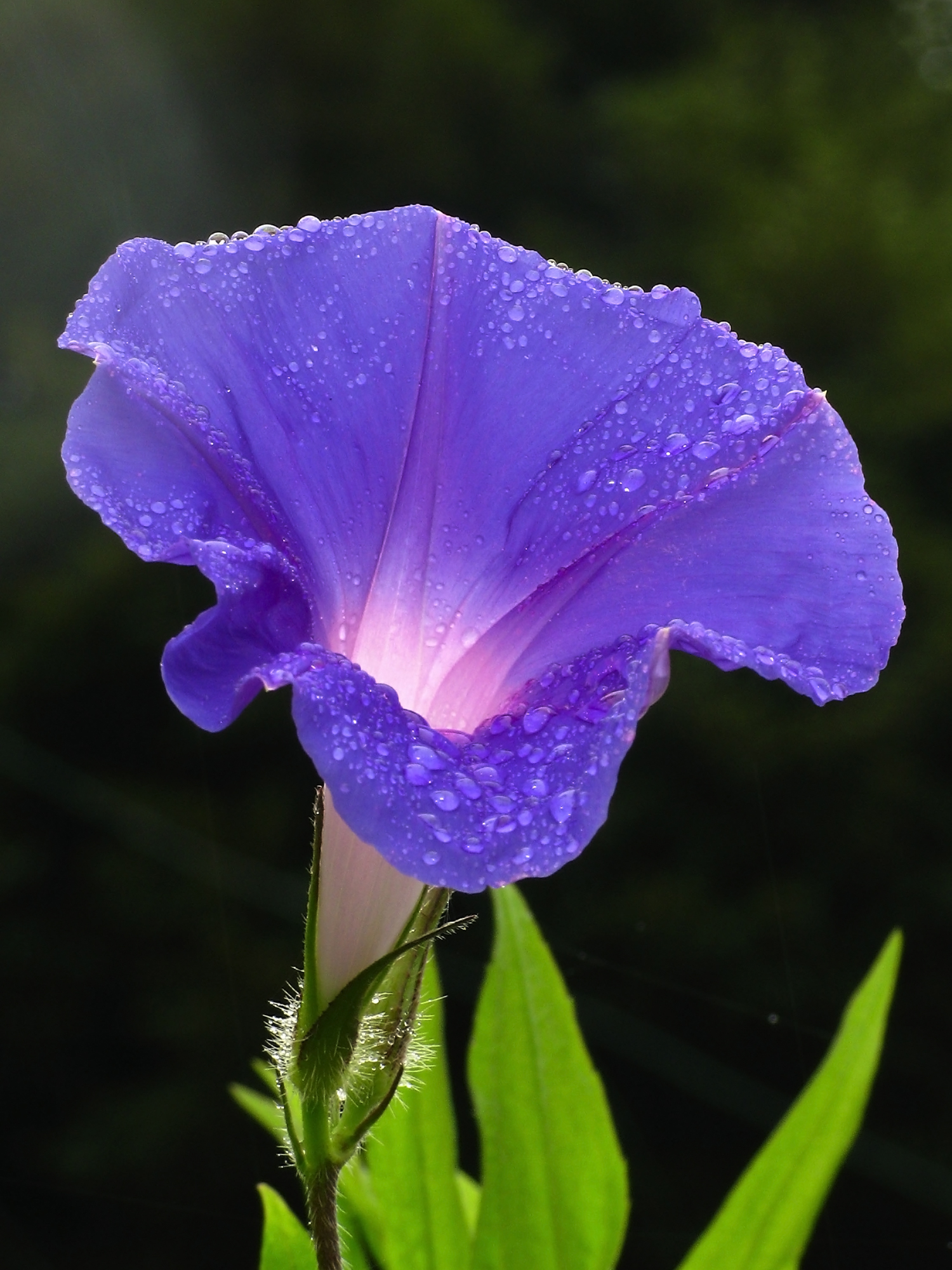|
Ipomoea Macrorhiza
''Ipomea macrorhiza'' is an extremely rare species of tuberous, night-blooming morning glory Morning glory (also written as morning-glory) is the common name for over 1,000 species of flowering plants in the family Convolvulaceae, whose current taxonomy and systematics are in flux. Morning glory species belong to many genera, some of ... native to the Southeastern United States. Description This is a vigorous vine with stems growing up to 20 feet long. It has large, tuberous roots and white-and-pink flowers that bloom at night. The leaf shape is highly variable, ranging from triangular to palmate. The seed capsules contain 3-5 pubescent seeds. Cultivation This plant is rare and so is not widely cultivated. However, its roots are edible and the plant was cultivated by Native Americans as a food source. ''I. macrorhiza'' is also of ornamental value due to its attractive flowers. References Night-blooming plants macrorhiza {{Solanales-stub ... [...More Info...] [...Related Items...] OR: [Wikipedia] [Google] [Baidu] |
Morning Glory
Morning glory (also written as morning-glory) is the common name for over 1,000 species of flowering plants in the family Convolvulaceae, whose current taxonomy and systematics are in flux. Morning glory species belong to many genera, some of which are: * '' Argyreia'' * ''Astripomoea'' * ''Calystegia'' * '' Convolvulus'' * ''Ipomoea'' (the largest genus) * '' Lepistemon'' * ''Merremia'' * '' Operculina'' * '' Rivea'' * ''Stictocardia'' As the name suggests, most ''morning'' glory flowers unfurl into full bloom in the early morning. The flowers usually start to fade a few hours before the corolla begins to display visible curling. They prefer full solar exposure throughout the day, and mesic soils. Some morning glories, such as '' Ipomoea muricata'', '' Ipomoea alba'', and '' Ipomoea macrorhiza'', are night-blooming flowers. History '' Ipomoea nil'', a species of morning glory, was first known in China for its medicinal uses, due to the laxative properties of its seeds. A ... [...More Info...] [...Related Items...] OR: [Wikipedia] [Google] [Baidu] |
